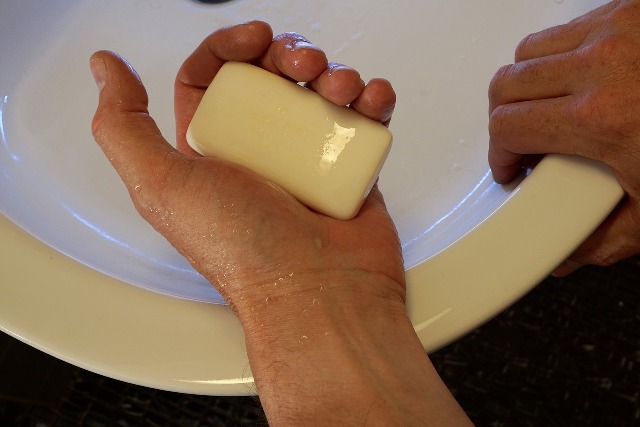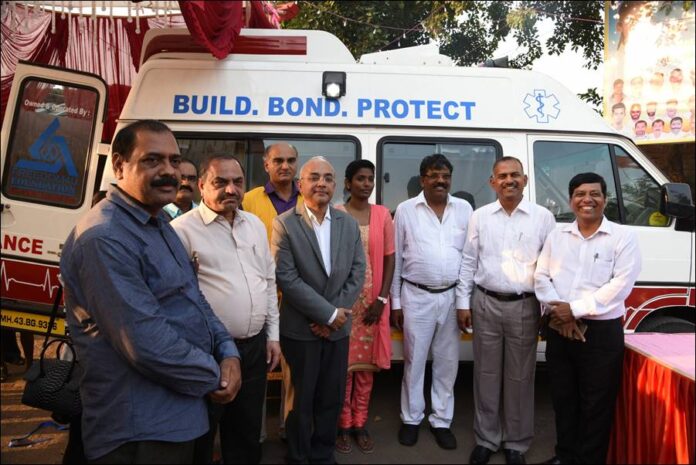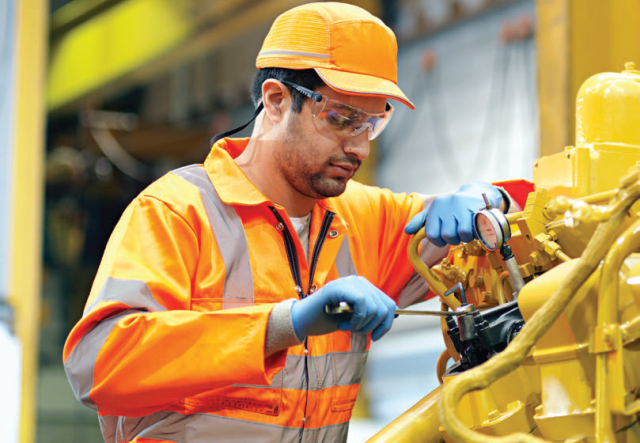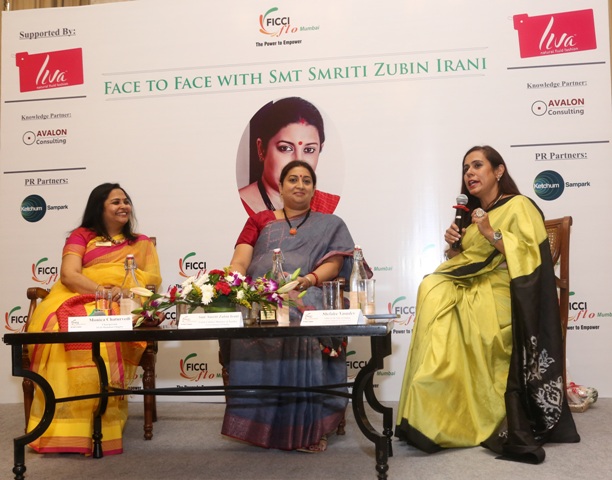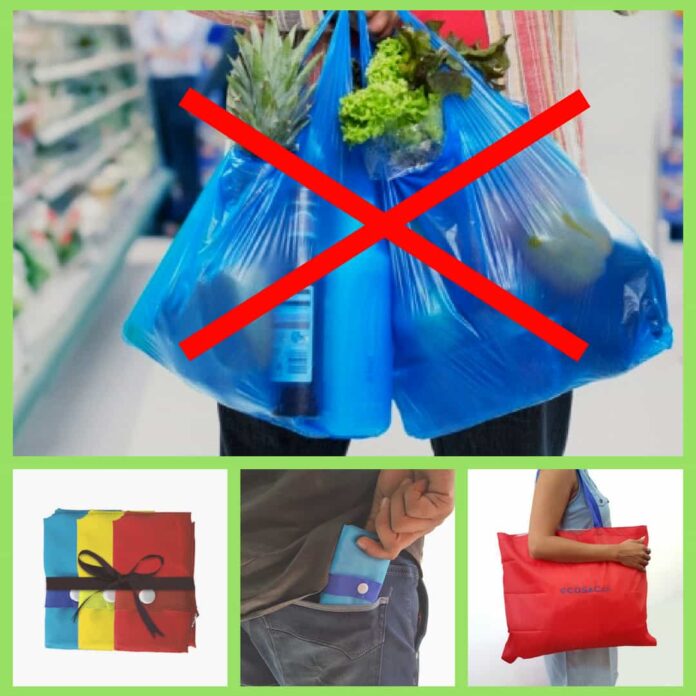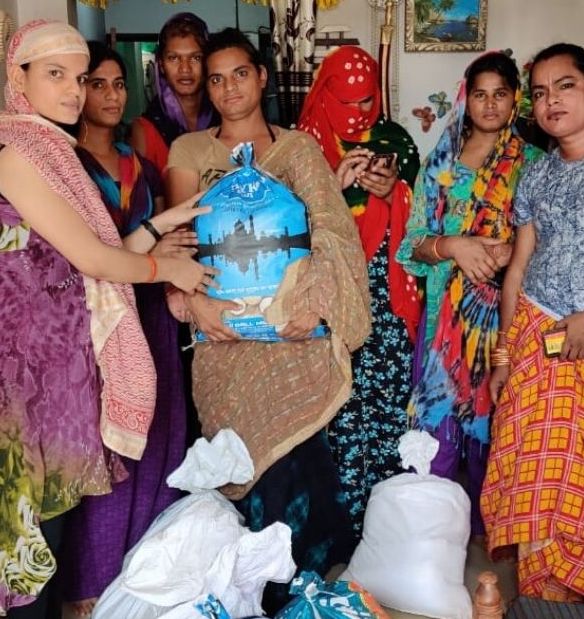It’s almost a year now since the #metoo hashtag broke through whisper networks on sexual harassment and initiated a worldwide movement. While the initial exposés were instances of assault and misogyny by men in high places in Hollywood, subsequent revelations have come in waves from women across the world in various kinds of workplaces – from academia to activism to film and media.
These are narratives of women speaking truth to power about the violence and transgressions they have been subjected to by male colleagues and seniors, as well the complicit actions/inactions of institutions and individuals. The power of this moment lies not just in the individual narratives that are being shared, but in the public discourse that is being created. An open challenge to the pervasiveness of a culture that allows men to harass women, intimidate and exploit them, with impunity.
As feminist groups and individuals, we stand in support of the numerous women in India who have spoken out with courage and candour. Over the decades, these battles have taken many forms within workplaces, on the streets, in the courts, etc., as well as #LoSHA (List of Sexual Harassers in Academia) almost a year ago. Today, we also stand in solidarity with women in media and the film industry, who have been exposing the systematic abuse of power by well established editors, reporters, co-actors, colleagues, and their political partners, as well as the deeply normalised misogyny of the newsroom and studios.
It is disturbing, though not surprising, that many among these women who tried to raise these issues within the organisation, were neither believed nor supported, and some even brazenly dismissed. Despite women’s movements’ campaigns and subsequent legal reforms to put redressal mechanisms in place at workplaces, many institutions of ‘repute’ today stand exposed for not even having functional complaint mechanisms. It is not sufficient for them to only now ‘take action’ or ‘sideline’ the accused. It is imperative that sexism and misogyny at the workplace be brought to an end.
While there is an urgent need to put the redressal mechanisms in place at every workplace, it is equally important that survivors and complainants are actively supported in their quest for justice. Institutions cannot continue to stand in the way of the law, until survivors are compelled to go public. Time and time again. Industry by industry. Institution by institution.
We need to consider at what emotional, personal, professional cost each survivor speaks out. Is this the only way in which workspaces can be made safe for women? Is the fight for justice only women’s burden to bear? How much more work must we all do before workplaces begin to implement the law, in letter and in spirit, and the powers-that-be finally acknowledge this epidemic of sexual harassment?
We believe that these difficult questions also offer an opportunity for all of us, survivors and activists (and many, too many of us are both) to get together and forge new alliances. To create safe spaces for the sharing of such experiences, the reviewing of older strategies and the evolution of newer ones. To take our shared struggles forward so that women may speak out and be believed. To collectively evolve codes of behaviour for interpersonal interactions between genders, both within the workplace and outside. So we can all begin to live and work in an environment where such male entitlement can no longer flourish.
Because for every woman who has spoken out about such violence, there are likely tens of thousands of others, especially in the unorganised sector and semi-formal workspaces, who are yet to find an avenue to speak out. And despite the rhetoric of ‘Beti Bachao’, we still live in a world where just a few days ago, 34 minor girls were beaten up by a mob when they opposed sexual advances of the men from a nearby village in Supaul district, Bihar.
There is much to be done. And the only way for us to do it, is together.
Statement from over 125 feminist individuals and organisations across the country expressing our unequivocal support to all women, especially those in the media and film industries, who are speaking out fearlessly against the violence and misogyny they have experienced at their workplaces. The groups include Saheli, LABIA, NAZARIYA, HAQ, All India Progressive Women’s Association, SEWA, YWCA and many others.
Views of the authors are personal and do not necessarily represent the website’s views.
Thank you for reading the column until the very end. We appreciate the time you have given us. In addition, your thoughts and inputs will genuinely make a difference to us. Please do drop in a line and help us do better.
Regards,
The CSR Journal Team
Subscribe




